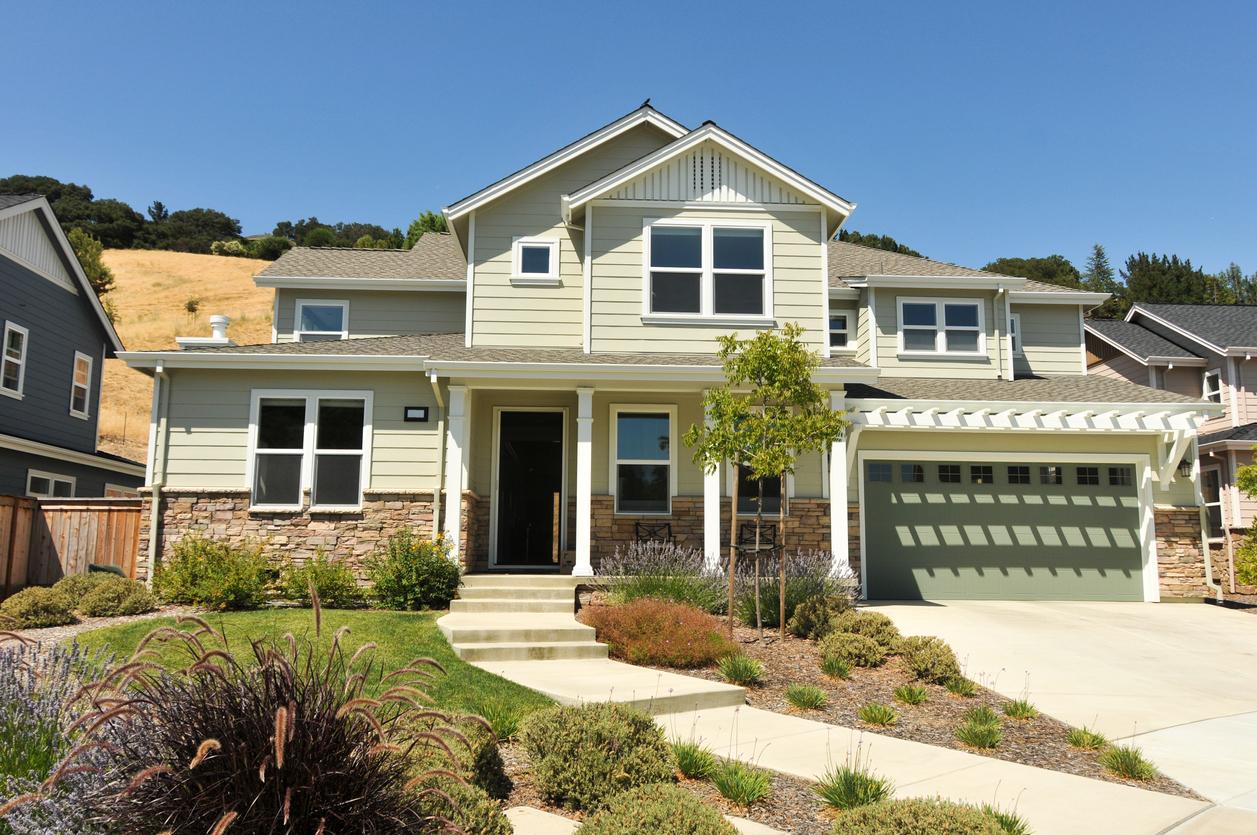
What is an HOA?
If you’re wondering what an HOA is, you’re not the only one. Simply put, an HOA is a Homeowner’s Association. It’s standard in planned communities in California, whether you are renting or buying. HOAs are pretty common in unplanned neighborhoods as well. HOAs are non-profit corporations whose sole purpose is to manage a common-interest development or neighborhood. Since they are corporate legal entities in the state, HOAs must function as a corporation, with a board of directors, meetings, official minutes, and so on.
The HOA Board’s Responsibilities
When a developer plans a new community, one of the first things they do is draft documents that govern how the development is run and maintained. According to California Civil Codes, HOAs can incorporate as either an unincorporated association or a non-profit corporation that files Articles of Incorporation with the Secretary of State. If you are wondering if your HOA has the legal authority they say they do—under the California Corporations Code.
HOAs manage the community budget, pay the bills, maintain landscaping and amenities, and enforce the neighborhood rules. They are usually empowered to levy fines on scofflaws and assessments to homeowners for special projects.
Do I Have to Join the HOA?

Planned developments typically include HOA membership as part of the home-buying process. The HOA paperwork is part of the closing documents. Therefore, the buyer agrees to abide by the HOA rules and pay the fees. Mortgage lenders include the association fees when working out debt ratios, so HOA membership is not optional. It’s a mandatory condition of purchase.
Some older and more organic neighborhoods (there are no community features or mutual utilities) may have a voluntary HOA. Still, these are usually social in nature and are informal organizations that collect money for holiday parties and decorations.
Benefits of an HOA

Many homeowners initially balk at the idea of an HOA for several reasons. They don’t like the limits on what they can do with their property, are reluctant to pay assessments on top of association dues, and generally don’t like the idea. These homeowners begrudgingly join the HOA and invariably find that there are lots of benefits.
Property values increase
HOAs exert power over how the neighborhood looks to ensure it always looks its best. Homeowners need to submit plans to the HOA before making any structural changes to the home or altering the exterior appearance.
No homeowner wants their neighborhood lawns littered with cars parked in the yard or a house with Christmas decorations on the roof in July. The HOA has the authority to make sure that visual offenses are fined.
Community amenities
Every neighborhood has a range of amenities, from pools and playgrounds to clubhouses and fitness centers, or none at all. The developments that do have amenities tend to have higher property values. The pools and playgrounds are more convenient, safer, and better maintained than their public counterparts.
Utilities may be included in HOA dues
Each HOA is different, but many developments have community access to some utilities. This means that the HOA pays for things like water, sewer, trash pickup, and recycling out of your dues so that you have fewer bills to pay every month.
Community landscaping
Most HOAs in California include landscaping costs, so your common areas are well-maintained year-round. Some HOAs cover all lawn maintenance, while others only are responsible for the common areas. Check the by-laws to determine how much yard work you’re giving up when you are in an HOA.
Someone else deals with bad neighbors
There’s always that neighbor who’s just not a team player. They’re loud, the yard is a mess, and their teenagers host big parties on the weekends. When you’re in an HOA, you don’t have to be the killjoy neighbor—the HOA does that for you. They also have the power to levy fines for misbehavior, which probably gets better results than sending your neighbors a disgruntled text or email.
The Downsides of an HOA

Although homes in HOA communities do have some benefits, many homeowners don’t think the downsides of an HOA are worth uniform landscaping and a community pool.
Here are some of the drawbacks to HOA living in California. It’s important to note that while many residents see these as negatives, most homeowners agree with the expenses and restrictions designed to promote a peaceful community with high property values.
Fees
Depending on the amenities, monthly or quarterly dues can range from reasonable to ridiculous. Most HOAs can also levy special assessments, and homeowners have no choice but to pay.
Restrictive rules
Many HOAs have strict regulations about everything from the color you paint your house to the time of day your trash bins must be rolled back. They are also cracking down on residents who want to use their homes for short-term rentals.
Bad management
Not all HOA boards are run by a capable team, and they make poor decisions that could cause a drop in property values. Most HOAs hire a professional management company to oversee the HOA’s daily operations.
Liens and foreclosures
Homeowners in most HOA communities are legally bound to pay dues and assessments. If you run into financial hardship and can’t pay the fees, then the HOA does have the authority to put a lien on your property and eventually foreclose.
Tired of HOA Living?
If HOA living isn’t for you, or your budget won’t stretch anymore for assessments, you may be worried that selling your home is easier said than done. That’s not the case; if you choose Offercity instead of a traditional real estate agent, we’ll buy your home as-is and usually close within weeks. We’re not like other buyers who lowball offers. We work with a network of qualified investors who bid on your home, and we select the highest offer. Contact us today and start packing if you’re tired of HOA fees and rules.